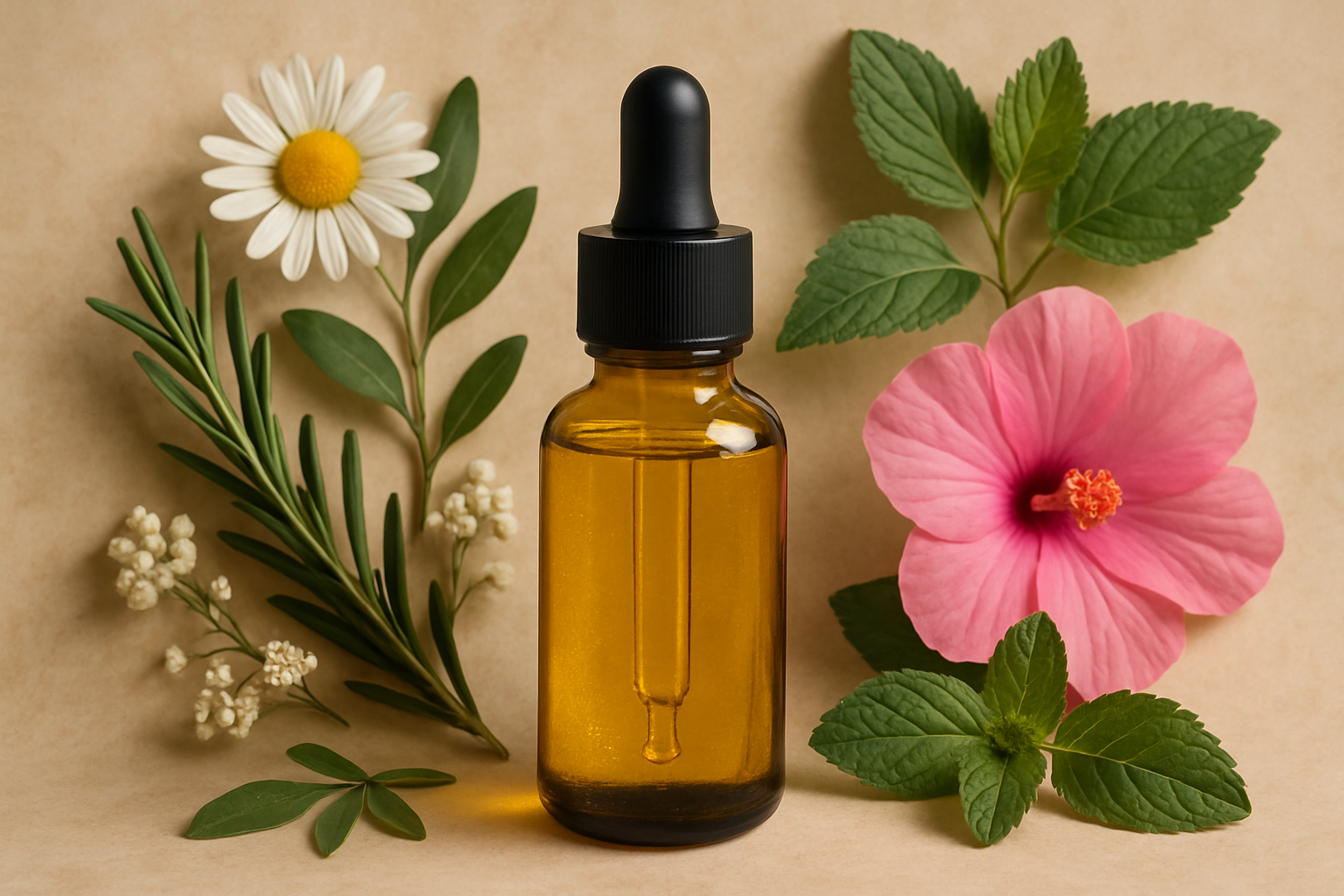The Evolution and Influence of Plant-Based Beauty Products
There is a rapidly growing trend in the beauty and fitness industry that has been gaining significant traction over the last few years. This trend is the shift towards plant-based or botanical beauty products. To truly understand the impact and potential of this trend, it's essential to delve into its historical context, explore key developments, and examine its industry impact.

Beauty rituals and plant-based ingredients have been intertwined for thousands of years. In ancient Egypt, botanical ingredients like aloe vera and sesame oil were used for their healing and beautifying properties. In classical Greece, olive oil was revered for its moisturizing and anti-aging benefits. Fast forward to the modern era, the use of plant-based ingredients in beauty products has become more sophisticated and scientifically backed.
The Resurgence of Botanicals in Beauty
The 21st century has seen a renewed interest in botanical ingredients, spurred by an increased awareness of the potential harm caused by synthetic chemicals in traditional beauty products. This renewed interest has been fueled by scientific advancements that have allowed for the extraction and utilization of potent plant compounds in a manner that was not previously possible.
The current beauty industry trends indicate a strong preference for products that are not only effective but also kind to the environment and our bodies. This is where botanical beauty shines. Plant-based products are often free from harsh chemicals, environmentally friendly, and packed with natural nutrients that benefit the skin.
The Benefits of Botanical Beauty Products
Plant-based beauty products offer a multitude of benefits. They are rich in antioxidants, essential oils, and other nutrients that nurture the skin. For example, products containing botanical ingredients like chamomile or lavender can soothe irritation and reduce inflammation. Rosehip oil is known for its anti-aging properties, while tea tree oil is a potent antibacterial agent.
Moreover, plant-based beauty products are often more sustainable than their synthetic counterparts. They use renewable resources and cause less harm to the environment in terms of production and disposal.
The Market Relevance and Industry Impact
The increasing demand for plant-based beauty products has significantly influenced the beauty industry’s trajectory. Brands, both established and emerging, are formulating products with botanical extracts to cater to this demand.
According to a report by Grand View Research, the global organic beauty market is expected to reach $15.98 billion by 2020, reflecting the immense potential of this sector.
In The Future of Plant-Based Beauty
The trend for plant-based beauty products is more than just a passing fad. It reflects a broader societal shift towards wellness and sustainability. As consumers become more informed and conscious of their choices, the demand for botanical beauty products will continue to grow.
In the future, we can expect to see more innovation in this space, with new plant-derived ingredients and improved extraction techniques, leading to more effective and eco-friendly beauty solutions.
The rise of plant-based beauty exemplifies the beauty and fitness industry’s ability to evolve and adapt, always striving to provide the best for consumers while respecting our planet. It is an exciting time for botanical beauty, and the future looks bright indeed.





